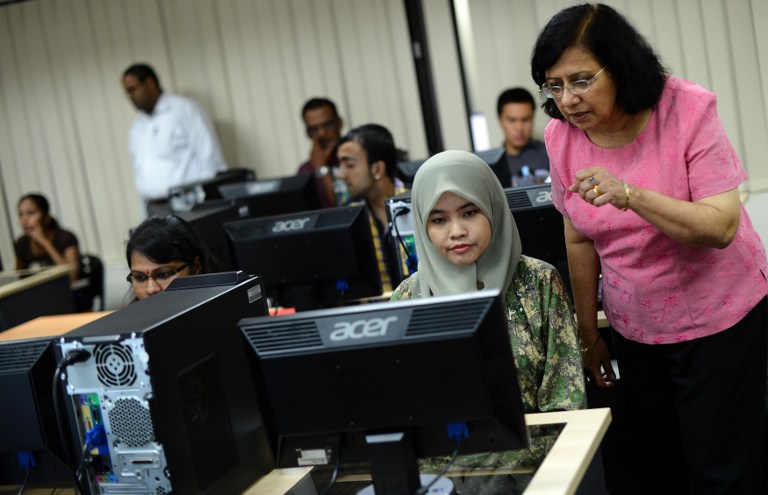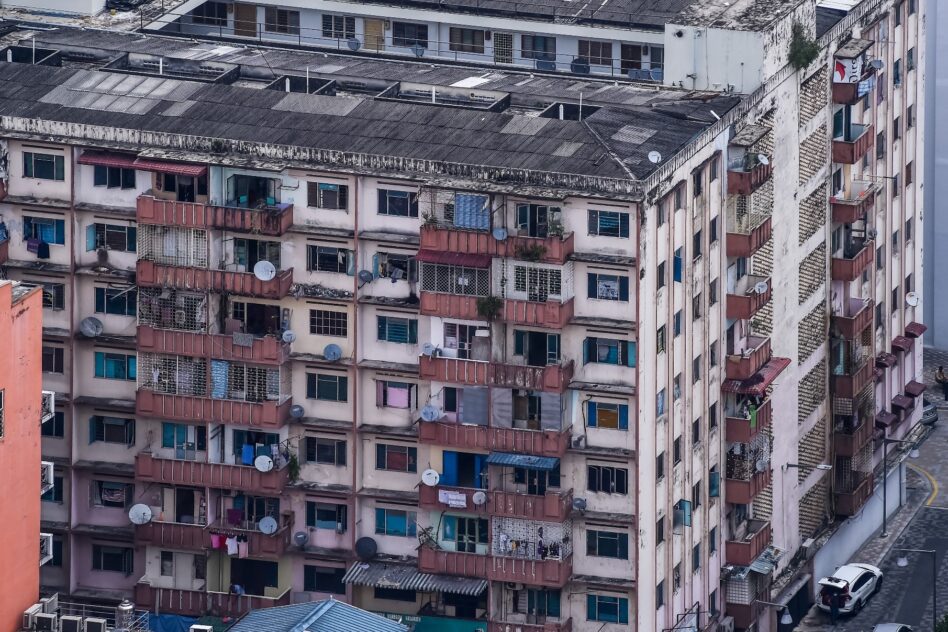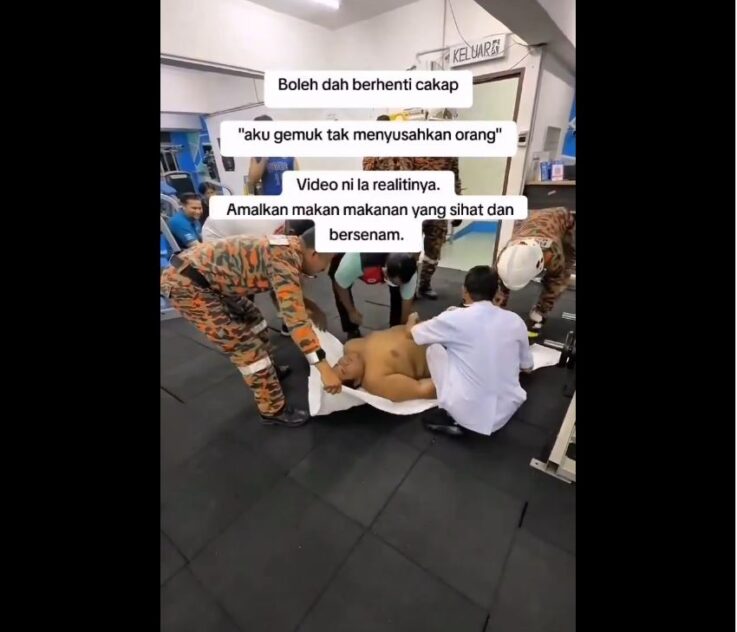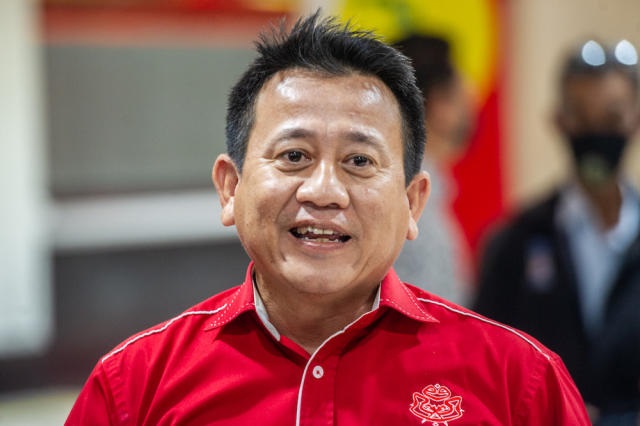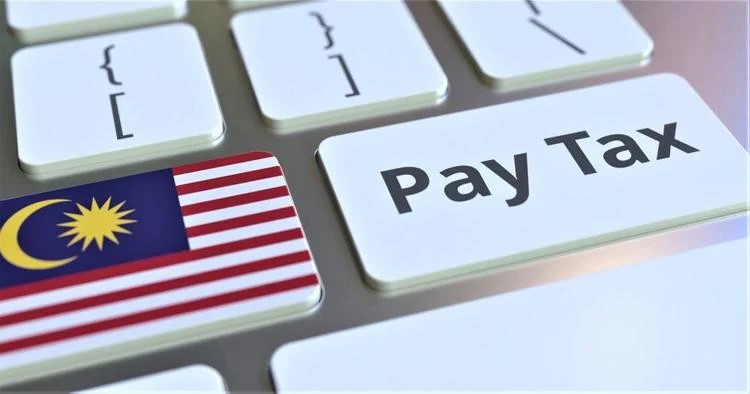AFTER lying dormant for two years as a result of the COVID-19 pandemic, the country’s pre-university matriculation system is back again as a highly controversial issue.
It is believed more than 200 straight-A Indian students were denied entrance and were hardly given the required time to appeal.
The nonsensical racial quota of 90% admission for Bumiputras is still operative. This means that good and qualified Indian and Chinese students hardly have the opportunity to enter the matriculation programme this year.
Those students coming from well-to-do families have the chance to go overseas. However, such a luxury is not within the grasp of poor non-Malay students.
Of course, these non-Malay students have the option of pursuing the two-year Sijil Tinggi Pelajaran Malaysia (STPM), a more difficult programme compared to the pre-university matriculation.
While the STPM examination answers are graded under a centralised, regimented system, the students in the matriculation programme are graded or evaluated on the basis of classroom performance.
There is really no comparison between both pre-university programmes. Academically, STPM is far superior to the matriculation programme.
In fact, very few Malays with good Sijil Pelajaran Malaysia (SPM) results will ever want to enrol themselves in the STPM programme.
Why would they when the matriculation programme has been tailored-made for them?
“A racist set up”
Originally, the matriculation system was meant for Malays. It was a pure, undiluted racist setup. It was just another institution that sought to enforce institutional racism.
However, as a result of demands from the public and parents, non-Malay students were gradually admitted into the matriculation pre-university system with a miserable admission quota of 10%.
This was hardly sufficient to address the demand for more non-Malays to be admitted.
Even though the STPM programme was a solid one, its long duration, inflexibility and the development of other pre-university programme have rendered it less attractive and cumbersome.
Due to the two years of Movement Control Orders (MCO) imposed as a result of the COVID-19 pandemic, there was hardly any direct admission of students.
I am not sure, even if there were, whether students took online courses to qualify themselves for university entrance.
The controversy of the intake was somewhat kept within control. But things have now returned to normalcy with the admission of students.
As result, racism has reared its ugly head in excluding non-Malay students on the grounds of a racist, extremist and nonsensical racial quota.
“Go beyond race and religion”
The time has come for the matriculation system to be opened up for all Malaysians.
If the system cannot be abandoned, then a new system should be instituted to cater for all the races in the country. It is without question that the admission of students must go beyond the narrow and myopic concerns of race and religion.
Education is not about passing examinations, but about opening up the minds of the young to the plural and cosmopolitan nature of the world they live in.
It serves no purpose to harp mechanically on the theme of Keluarga Malaysia, yet sow the seeds of racial and religious hatred at the same time.
The matriculation system should not be used to punish and humiliate innocent non-Malay students. How can a country punish its own citizens by denying entry into a pre-university programme just because they were born Chinese or Indian?
A full-fledged apartheid system might have been officially dismantled and buried in South Africa. However, some of the features of the apartheid system might be present in Malaysia.
Prime Minister Datuk Seri Ismail Sabri Yaakob should stop the gibberish talk of Malaysia being one family because the matriculation programme is tottering on the verge of being defined as an apartheid system. – July 31, 2022
Prof Ramasamy Palanisamy is the Perai state assemblyperson, Penang deputy chief minister II and state executive council member for education.
The views expressed are solely of the author and do not necessarily reflect those of Focus Malaysia.


